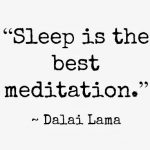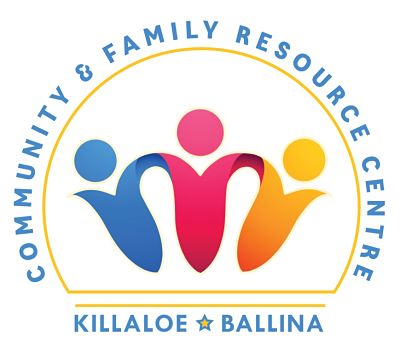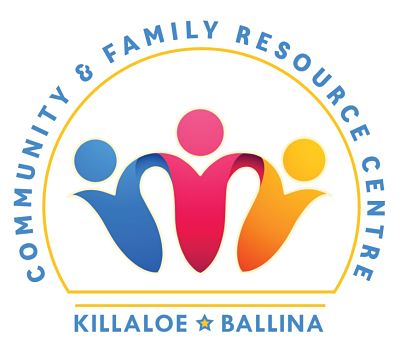SLEEP
What is Problem Sleep?
Sleep problems are common; we all have evenings when we find it hard to fall asleep or we wake up in the night. How we sleep and how much sleep we need is different for all of us and changes as we get older (the ideal amount is 8 hours). Stress and anxiety can lead to sleeping problems, which usually sort themselves out within a few weeks. But longer stretches of bad sleep can start to affect our lives.
Lack of sleep or broken sleep can cause extreme tiredness, it can make us irritable and less able to function, making usually manageable tasks harder.
The Covid-19 outbreak is an extremely difficult situation; most people are feeling increased levels of anxiety as we try and manage our concerns and our thoughts and feelings during this challenging, uncertain time. It's important to remember it is OK to feel this way. Remember, this situation is temporary and, for most of us, these difficult feelings will pass.
Try not to worry if your sleep is disturbed for a short while. This can be perfectly normal.
The following links should help you find out how to manage your sleep better. But if they have not worked, or you have had trouble sleeping for months and is affecting your daily life and causing you distress, you could consider seeking further support by contacting your GP.
Alternatively, please contact Killaloe/Ballina Family Resource Centre if you are feeling overwhelmed and you need to talk to someone. Tel: 086-0570609, email us at info@kbfrc.ie or check out the links below.
Links to Problem Sleeping Information, Supports & Services
Links to Wellness and Mental Health Supports
SLEEP - TIPS

 Create a sleep routine
Create a sleep routine
Maintaining regular sleep pattern of going to bed and getting up at roughly the same time each day helps teach your body to sleep better. It is important to try to avoid long naps during the day. However, taking a nap of up to 20 minutes can help improve your mood and reduce feelings of tiredness.
Confront sleeplessness
If you are lying awake at night unable to sleep, do not force it as lying awake tossing and turning makes you feel more anxious and frustrated. It is better to get up and do something relaxing for a short while, and go back to bed when you feel sleepier.
Create a restful environment
Dark, quiet and cool environments generally make it easier to fall asleep and stay asleep. You could learn simple relaxation techniques that might help you unwind at bedtime.
Relaxation and mindfulness exercises from Beaumont Hospital
Make a list
If you often lie awake worrying about things, set aside some time before you go to bed to make a list of things that you are concerned about and things you might like to do for the next day. Putting your thoughts and ‘things to do’ on paper can help put your mind at rest.
Get active
Being active can help you sleep better. See the resources below for information on being more active, but it is best to avoid vigorous activity near bedtime as this may affect your sleep.
Mental Health Ireland Five Ways for Tough Times – Be Active
Tips from VicHealth on how to exercise during Covid-19
WHO/Europe Guide on Simple Safe Ways to Stay Active
Avoid stimulants at bedtime
Alcohol and drinks containing caffeine such as tea, coffee, and sugary drinks can all stop you falling asleep and prevent deep sleep. So try to avoid caffeine and alcohol and close to bedtime.






No comments